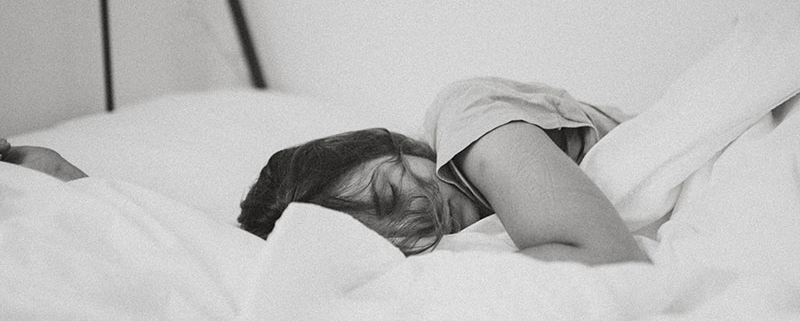A good night’s sleep is good for your mind
From the Jackson Hole News & Guide Column Sound Mind
Spring seems to be finally poking through the snow.
After a long winter the days are growing longer and temperatures are rising. But while the extra sunlight is refreshing to many, the longer days and increased energy that come with spring can also come with sleep troubles.
Sleep often goes unnoticed until a person is experiencing problems with it on either end of the spectrum. But adequate sleep, generally identified as seven to eight hours a night, is essential to physical health and mental well-being.
Sleep is when the brain rests and processes memories, stress from the day and emotions. That restoration helps regulate your moods and increases focus and concentration. The inverse happens when you don’t sleep enough or don’t get enough quality sleep, increasing your risk for emotional reactivity and disturbance.
Signs of something deeper
Sleep problems occur frequently in people with mental illness and can be one of the first indicators that something is going on.
Inadequate sleep can contribute to the onset and severity of a mental health problem, and a mental health problem can cause or exacerbate sleep problems. Being aware of and dealing with sleep issues early can be an effective intervention in improving mental health.
Certain conditions may be especially sensitive to sleep troubles, such as attention-deficit/hyperactivity disorder, anxiety, depression, bipolar disorder, schizophrenia and psychotic disorders.
Anxiety disorders frequently present with sleep issues such as insomnia caused by excessive worry or nightmares. Sleep deprivation can also increase the risk for anxiety disorders.
Sleep problems are also common in those with bipolar disorder. When in a manic episode a person may feel a decreased need for sleep, which in severe cases can lead to that individual going days without sleeping. Such profound loss of sleep can exacerbate symptoms and increase a person’s risk for psychosis. During a depressive episode, insomnia or hypersomnia — sleeping too much — may occur.
Research suggests that roughly 75 percent of people with depression also face problems with sleep. Those with constant stress tend to also deal with sleep disorders. People diagnosed with insomnia — which can be the result of depression and contribute to it — are five times more likely to develop major depression and 20 times more likely to develop an anxiety-related disorder, according to the Harvard Medical Review.
Sleep deprivation can also contribute to psychosis, even in otherwise healthy adults. Many individuals experiencing psychotic symptoms may be sleeping inconsistently, too much or too little. Changes to sleep patterns can also be an early sign of psychosis in those with schizophrenia.
Good night’s snooze
Understanding the importance of sleep for physical and mental health can aid early intervention and establish healthy sleep habits. Many of us are dealing with such hectic schedules that we forget to foster habits that will help with sleep. In fact, some turn to habits that exacerbate the issue.
If you notice problems try some of the suggestions from the National Sleep Foundation. But also consider that your sleep problems may be an indication of an underlying problem. If you continue to have trouble you may want to talk with your doctor about medications or natural remedies and rule out medical problems.
